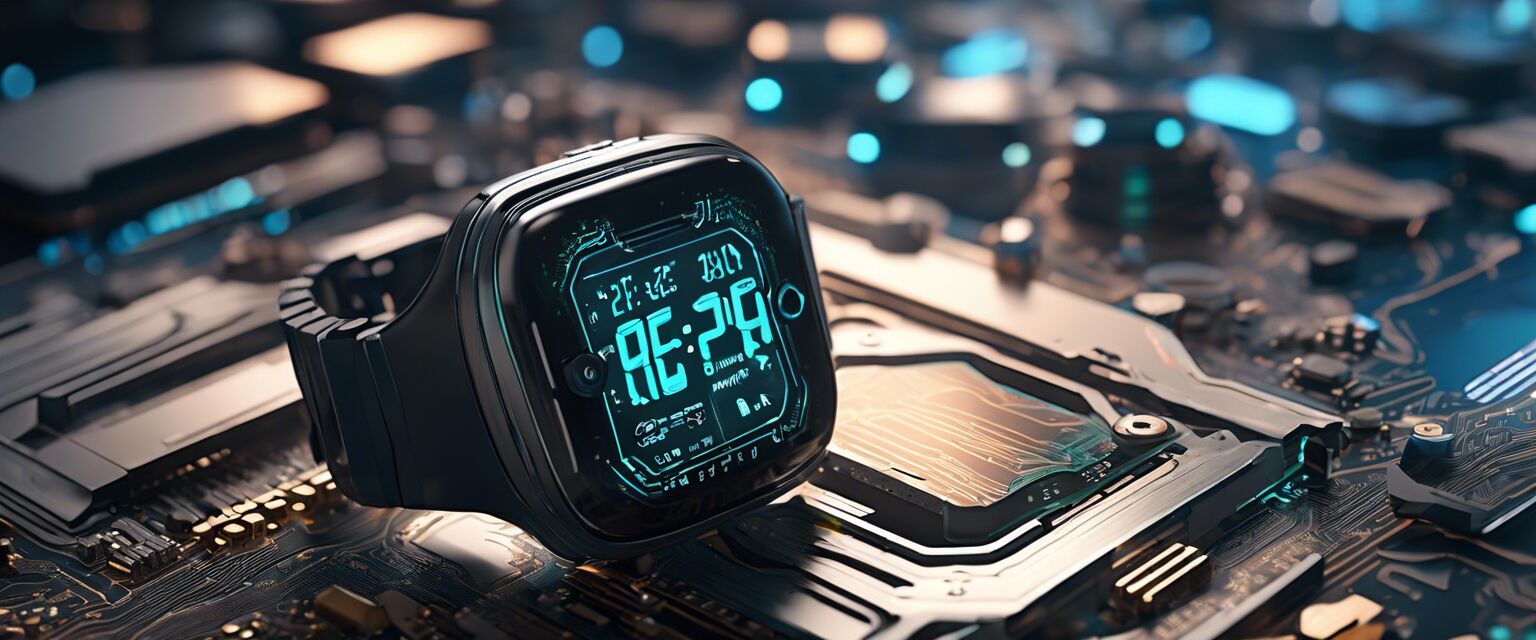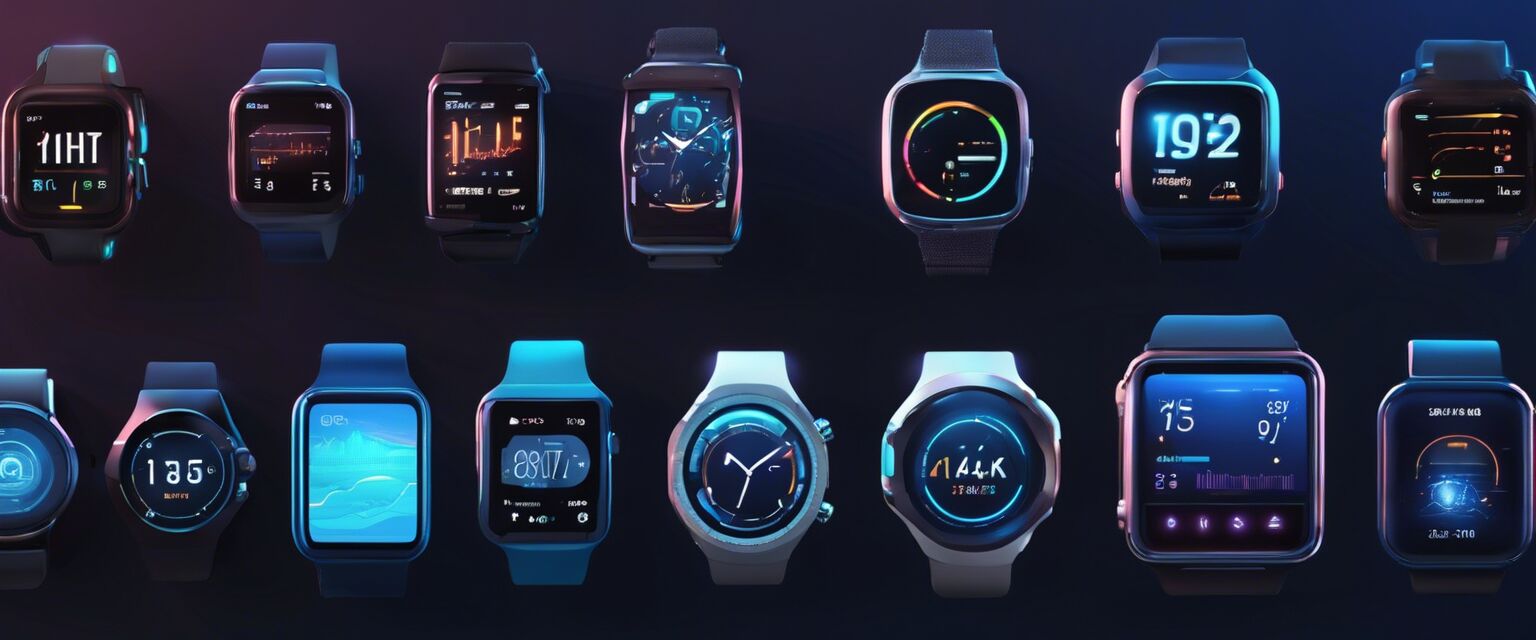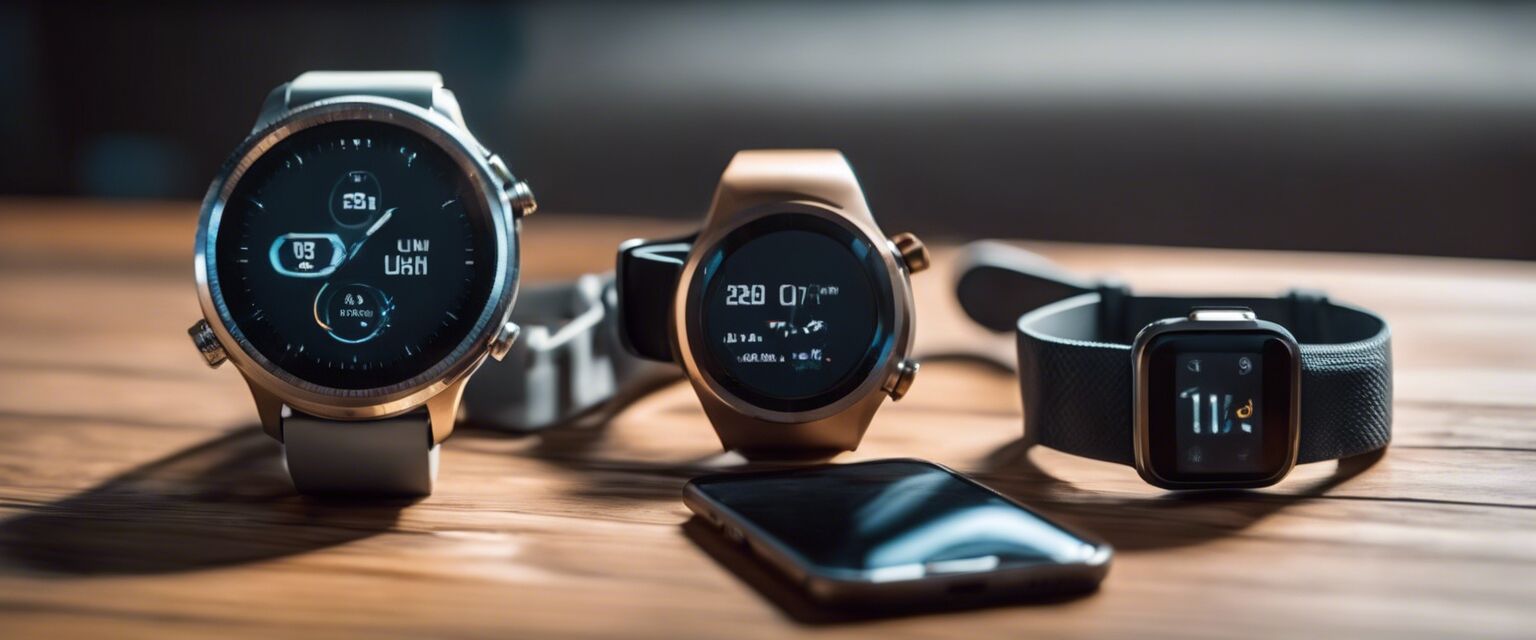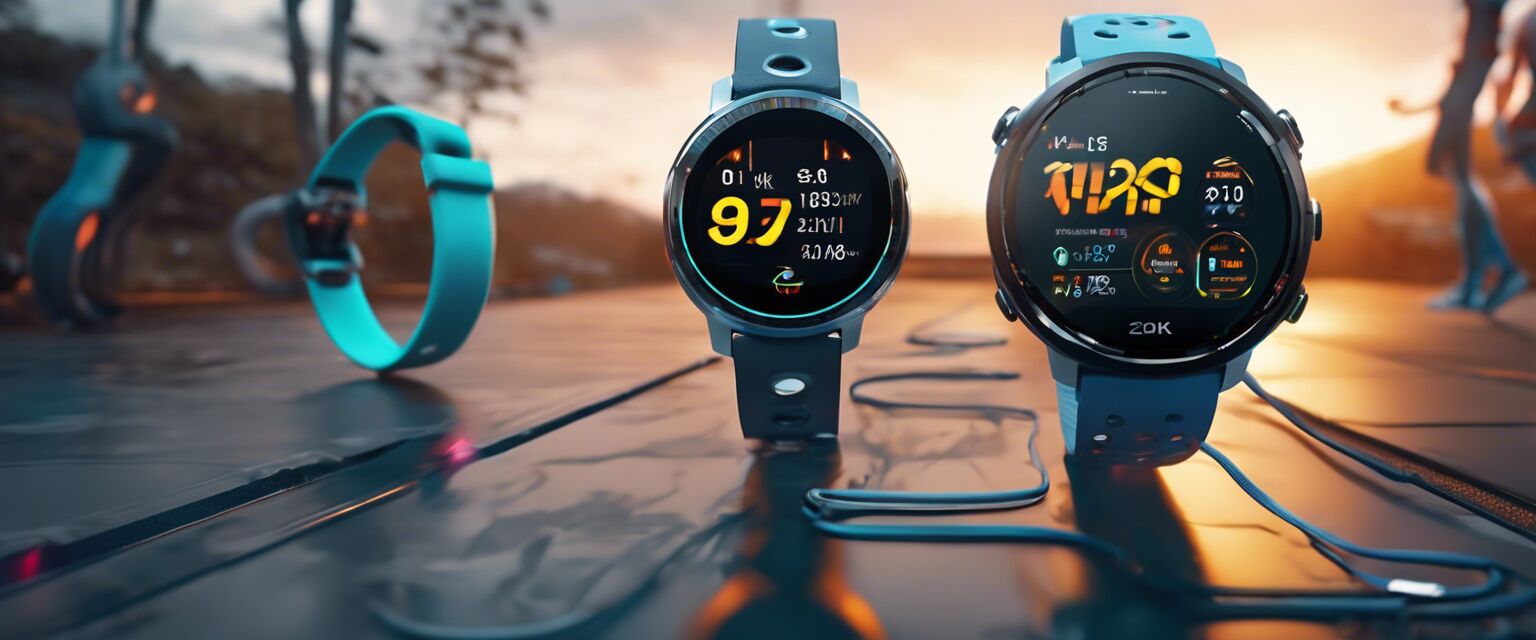Smart Nutrition Tracking: The Ultimate Guide to Optimizing Your Diet
Staying on top of your nutrition can be a daunting task, especially with the numerous options available in the market. With the rise of smart fitness technology, it's now easier than ever to track and optimize your nutrition. In this article, we'll delve into the world of smart nutrition tracking, exploring the devices and apps that can help you make informed decisions about your diet.
Key Takeaways
- Smart nutrition tracking devices and apps can help you monitor your macronutrient intake, track your progress, and provide personalized recommendations.
- There are various types of devices and apps available, including wearable devices, mobile apps, and smart kitchen appliances.
- When choosing a smart nutrition tracking device or app, consider factors such as accuracy, ease of use, and compatibility with your lifestyle.
What is Smart Nutrition Tracking?
Smart nutrition tracking refers to the use of devices and apps that help you monitor and optimize your nutrition. These devices and apps use various methods to track your macronutrient intake, including calorie counting, macronutrient tracking, and meal planning.
| Type of Device/App | Features | Benefits |
|---|---|---|
| Wearable Devices | Tracks daily activities, sleep, and nutrition | Convenient, easy to use, and provides holistic health data |
| Mobile Apps | Tracks nutrition, provides meal planning, and offers personalized recommendations | Accessible, affordable, and offers a wide range of features |
| Smart Kitchen Appliances | Tracks nutrition, provides meal planning, and offers automated meal preparation | Convenient, accurate, and offers a hands-off approach to meal preparation |
Types of Smart Nutrition Tracking Devices and Apps
There are various types of smart nutrition tracking devices and apps available, each with its unique features and benefits. Some of the most popular options include:
- Fitness Trackers: Wearable devices that track daily activities, sleep, and nutrition.
- Health Monitoring Devices: Devices that track vital signs, such as blood glucose and blood pressure.
- Smart Scales: Scales that track weight, body fat percentage, and other health metrics.
- Smart Gym Equipment: Gym equipment that tracks workout progress and provides personalized recommendations.

Benefits of Smart Nutrition Tracking
Smart nutrition tracking offers numerous benefits, including:
- Improved health outcomes: By tracking your nutrition, you can make informed decisions about your diet and reduce the risk of chronic diseases.
- Increased accountability: Smart nutrition tracking devices and apps provide a sense of accountability, helping you stay on track with your dietary goals.
- Personalized recommendations: Many smart nutrition tracking devices and apps offer personalized recommendations, helping you optimize your diet and achieve your health goals.
Pros
- Convenient and easy to use
- Provides accurate and personalized data
- Helps you stay accountable and motivated
Cons
- May require a subscription or purchase
- Can be overwhelming with too much data
- May not be compatible with all devices or platforms
Conclusion
Smart nutrition tracking is a powerful tool that can help you optimize your diet and achieve your health goals. With the numerous devices and apps available, it's easier than ever to track and monitor your nutrition. By considering the factors mentioned in this article, you can choose the right smart nutrition tracking device or app for your needs and start making informed decisions about your diet.

Beginners Section
- Start by tracking your daily calorie intake and macronutrient ratios.
- Experiment with different types of devices and apps to find what works best for you.
- Make sure to consult with a healthcare professional before making any significant changes to your diet.







